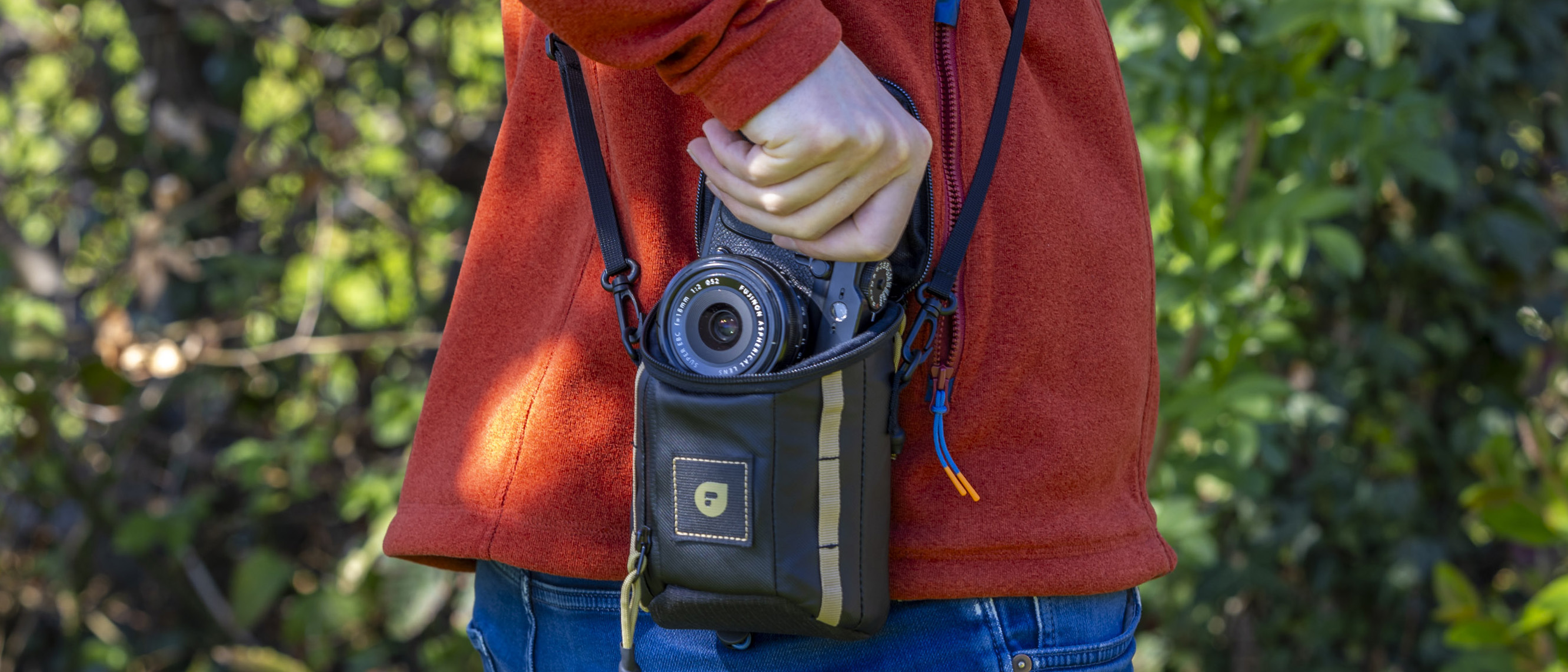Is there still life in the Canon EOS 70D?
The Canon EOS 70D can be had for as little as 200 bucks. A brilliant bargain, or just a dead-end DSLR?
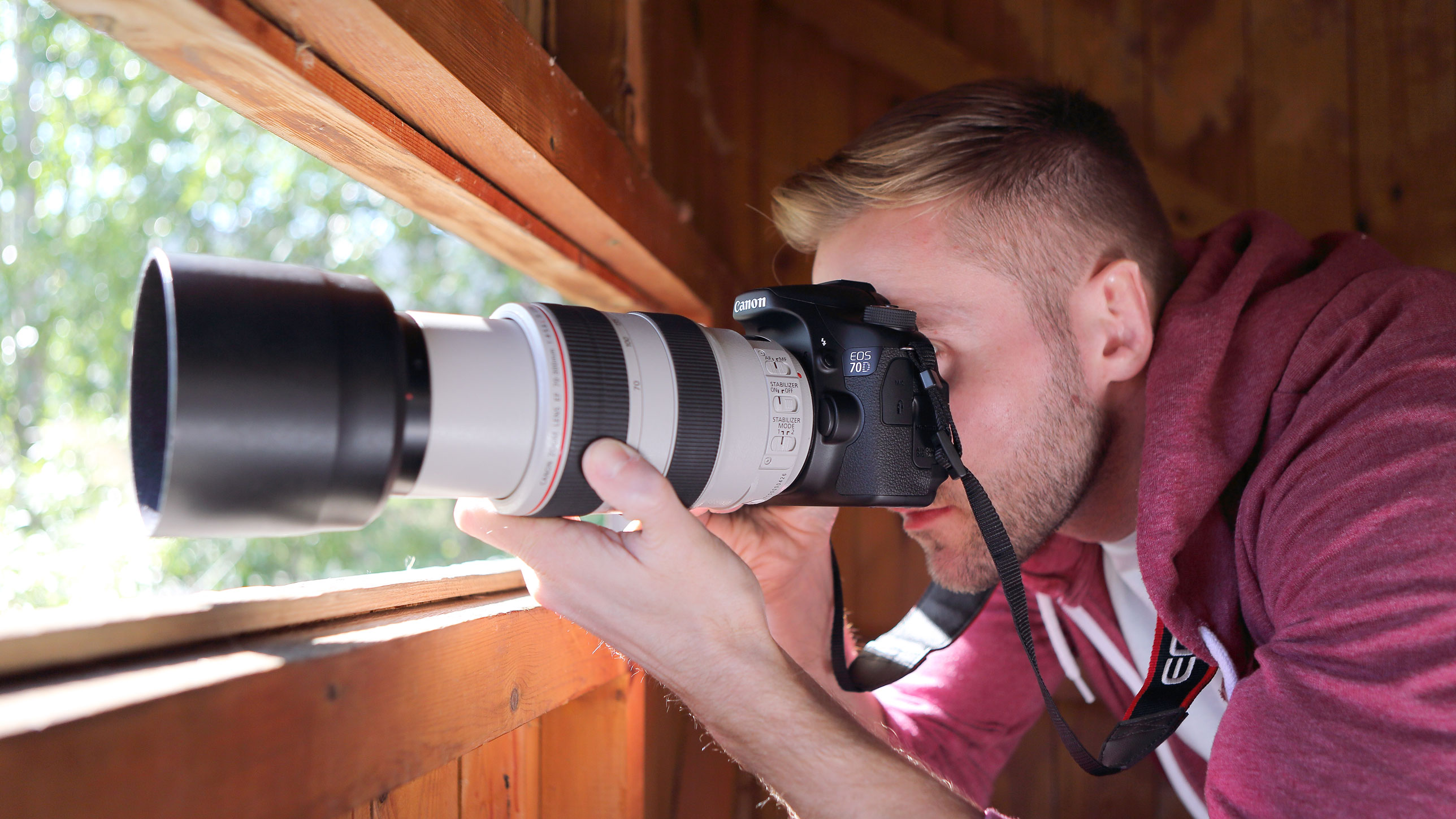
On paper, the Canon EOS 70D may not warrant a second look in 2024. This is, after all, an enthusiast camera that was launched in 2013 – and it's a DSLR, at that, which lacks the modern mirrorless trimmings that we've all become accustomed to.
However, a DSLR from 2013 ages a heck of a lot better than a mirrorless camera from 2013 – and the Canon EOS 70D, despite its age, is still a great little camera for the right person – especially when it can be had for about 200 bucks in the UK and a few dollars more in the US.
So what does the Canon EOS 70D have going for it? Well, as my colleague Rod recently wrote, they literally don't make cameras like this any more, and there are some features that veteran photographers will really love.
Take the giant control wheel on the rear of the body, which is now the preserve of Canon's higher-end cameras. Or the top LCD panel, which can illuminate in dim conditions.
And the bank of five buttons above it, dedicated to core functions like metering pattern and drive mode (unlike the nervous layout of nondescript, customizable buttons we see today).
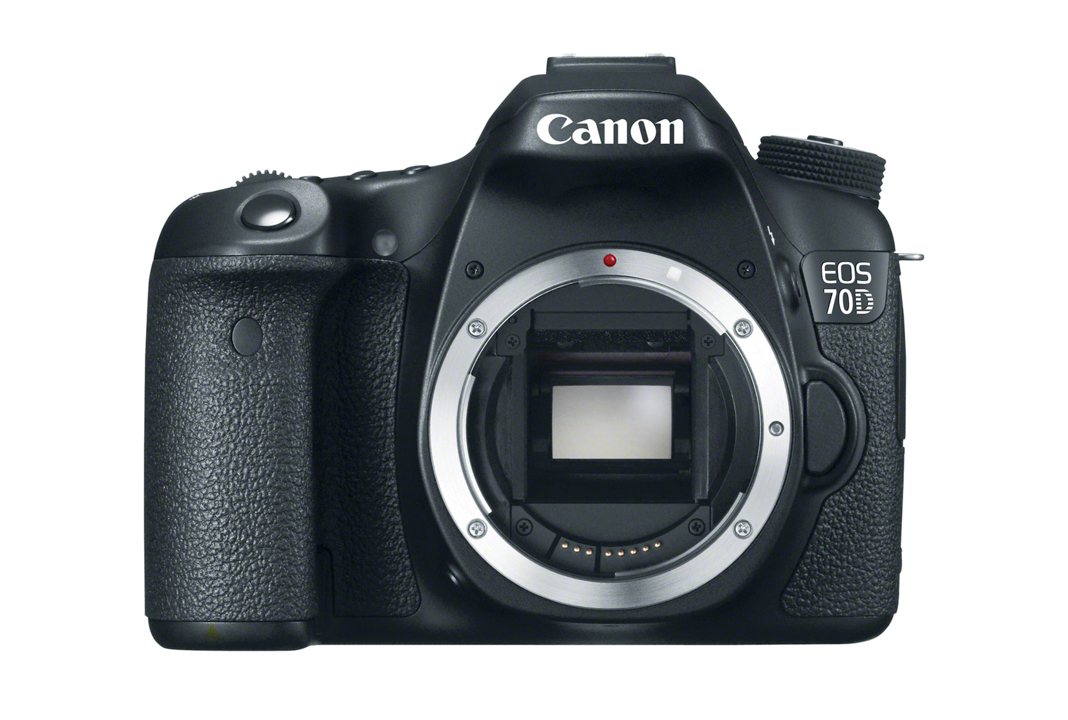
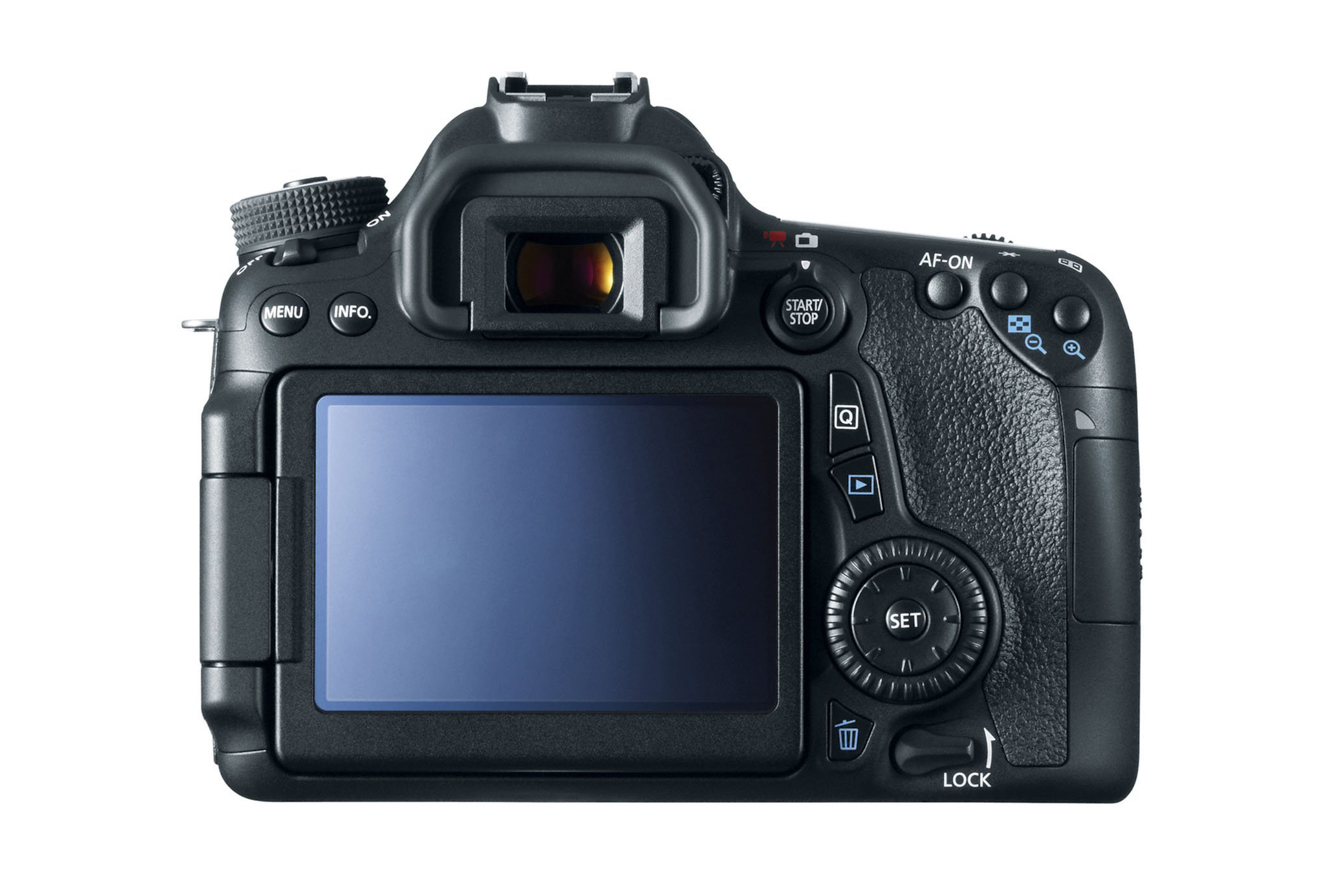
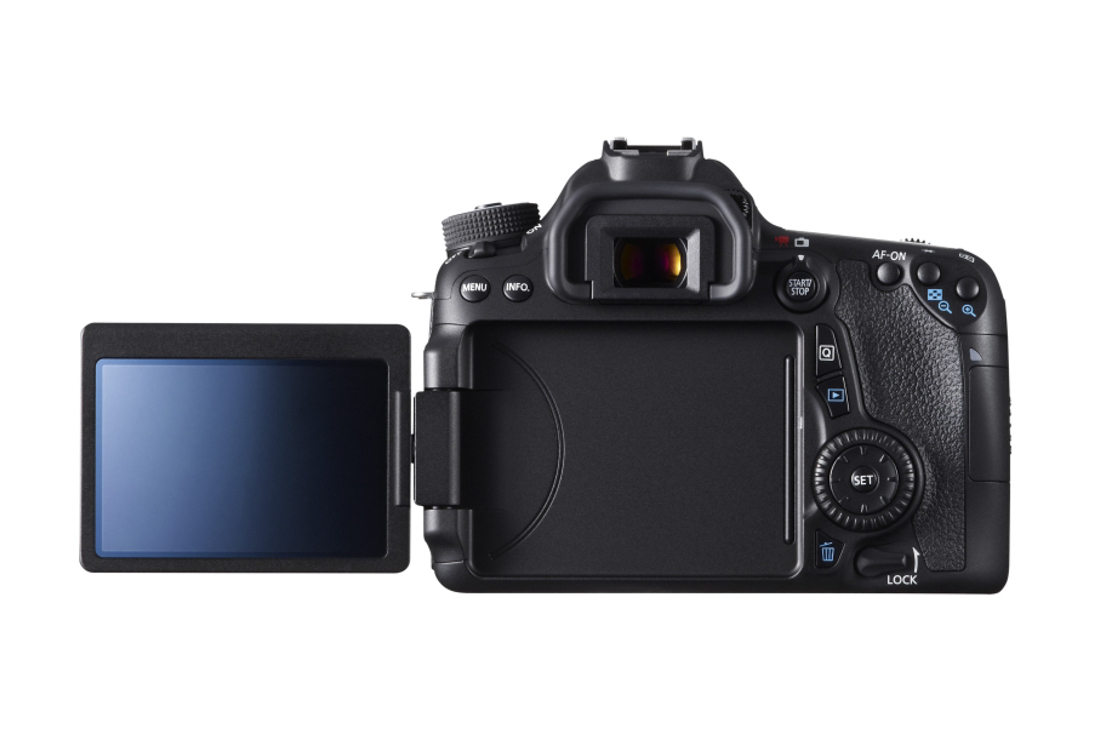
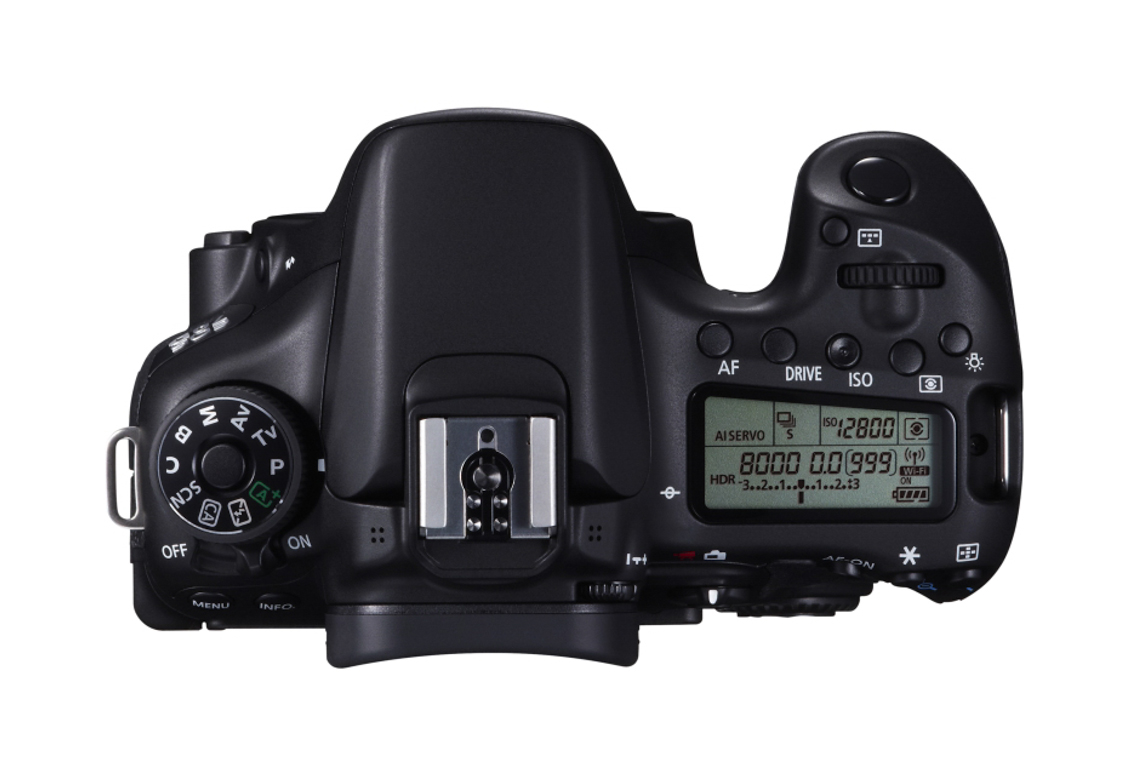
The Canon EOS 70D is one of the company's small but perfectly formed DSLRs, with a chunky yet trim physique that fits just right in the hands. It even packs a fully articulating screen, a trick that even some far more expensive modern cameras haven't mastered.
At its heart is a 20.2MP APS-C image sensor that may be conservative compared to some of today's resolution monsters, but 20MP is good enough for the super-popular Nikon Z fc fashion cameras and the flagship OM System OM-1 Mark II.
Get the Digital Camera World Newsletter
The best camera deals, reviews, product advice, and unmissable photography news, direct to your inbox!
The 7fps continuous shooting speed is enough to get you started photographing fast action, and Canon's Dual Pixel CMOS AF system still provides great autofocus even after 11 years.
And there are hundreds of lens options available for its EF-S lens mount, which can accept the full range of Canon DSLR glass – all of which is now cheaper than ever, especially on the second-hand market.
Sure, there's no 4K video and the ISO tops out at 25,600. And it's been superseded by the EOS 80D, EOS 90D and now the EOS R7. But for 200 bucks, this is still a great little camera for anyone starting out or on a budget.
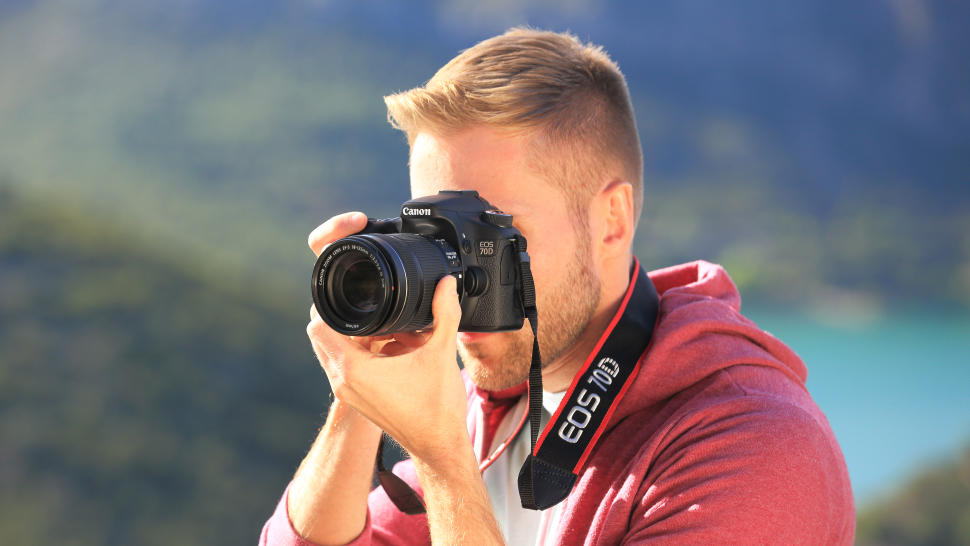
Check out the best Canon lenses for DSLRs, which can even be adapted to any of the best mirrorless cameras.

James has 22 years experience as a journalist, serving as editor of Digital Camera World for 6 of them. He started working in the photography industry in 2014, product testing and shooting ad campaigns for Olympus, as well as clients like Aston Martin Racing, Elinchrom and L'Oréal. An Olympus / OM System, Canon and Hasselblad shooter, he has a wealth of knowledge on cameras of all makes – and he loves instant cameras, too.
